Product Description
Frank Gruba-McCallister’s Radical Healing: No Justice Without Wellness provides a rigorous and timely critique of neoliberalism’s oppressive impact on human suffering while offering a compelling framework for radical healing. Drawing on critical psychology, existential and humanistic approaches, and spiritual practices, the book situates healing within both individual and collective contexts, arguing that liberation from suffering must engage with the structural sources of oppression—most notably, the intersections of neoliberalism and fascism. This comprehensive analysis challenges the depoliticized and commodified models of mainstream mental health care, calling for a more holistic approach that recognizes the spiritual, social, and psychological dimensions of suffering.
The book’s strength lies in its ability to integrate various theoretical perspectives, from critical theory to liberation theology, to provide a model of healing that is not only radical but practical. By emphasizing the interconnectedness of compassion and justice, Gruba-McCallister addresses a critical gap in the literature, highlighting how the commodification of care often strips away the deeper moral commitments required for genuine healing. His call for personal transformation, particularly among healers, is a welcome reminder that healing cannot happen without self-examination and an ongoing commitment to confronting one’s complicity in oppressive structures.
One of the most compelling aspects of the book is its attention to spirituality, particularly the role of contemplative practices and the idea of the “wounded healer.” In contrast to the often fragmented focus of mainstream therapeutic practices, Gruba-McCallister weaves together spiritual, psychological, and social understandings of suffering, offering a truly integrative approach to care. This emphasis on spirituality as a necessary dimension of healing brings much-needed attention to the often-neglected existential concerns of those seeking care, while also grounding the work in traditions that emphasize humility, openness, and moral responsibility.
Ultimately, Radical Healing makes a powerful case for rethinking both the purpose and practice of healing. By centering healing within the broader struggle for justice, the book offers a path forward that is both politically engaged and spiritually grounded. Gruba-McCallister’s work challenges us to not only understand suffering differently but to take action toward liberation—both personal and collective. This book is a must-read for those in the fields of psychology, social work, and critical health studies who are seeking a more just and compassionate way forward.
Justin M. Karter, PhD
Instructor/Advisor, Center for Psychological Humanities & Ethics, Boston College
Executive Board, Society for Theoretical and Philosophical Psychology (American Psychological Association Division 24)
Research News Editor, Mad in America
I am beyond grateful for Dr. Gruba-McCallister and this astonishing, extraordinary book, which has been sorely needed for a very long time and is exactly what our world needs now in this time of unprecedented global psychospiritual crisis. We are all suffering in the same storm, though not in the same boat, in the wake of the global pandemic and volatile de-stabilization of global geo-political relations. This book not only restores the integrity of the foundational aspects of existential and humanistic psychology as prosocial, emphasizing the critical importance of the relational and profoundly interconnected nature of the self; it also manages—with respect and cultural humility—to illuminate the place of psychotherapy and related work in the global and historical context of how human beings have evolved together to heal each other through social means and contexts. It also celebrates spirituality as a life-giving source of awe, healing, and transformation in our lives, as opposed to reducing it to an artifact of human culture and interaction. In service of facing life directly and with courage, it undertakes a ruthless and relentlessly honest exploration of the phenomena that fracture and divide us, forces that have perniciously instilled internalized oppression, neo-liberal hegemony, and fascism. Dr. Gruba-McCallister invites us, from our individual places of cultural embeddedness, to explore how we might identify and dispel the illusions that keep us in a state of fragmentation, alienation, separation, and isolation from each other and the natural world. He also passionately advocates for the necessity of compassion and justice, showing us that it is long past the time where expressing individuality for its own sake, in its own inflated privilege, can be considered to be sufficient. Perhaps it is time to eschew the narcissistic limits of the Golden Rule in favor of radical healing, which draws us into embodied, authentic empathy and relationship.
Drake Spaeth, PsyD
Director, Existential and Humanistic psychology Specialization, Humanistic Clinical Psychology Faculty, Saybrook University
Past President (2019-2020), The Society for Humanistic Psychology (Division 32, The American Psychological Association)
I’ve been waiting for a book like this for years. Through its expansive synthesis of critical social theory, existential and psychoanalytic psychology, Buddhism, humanistic and transpersonal thought, and spiritual wisdom, Radical Healing: No Wellness Without Justice offers a profound, courageous, compassionate, and insightful examination suffering.
Building on insights from critical psychology, Gruba-McCallister presents a compelling case for healing that integrates personal liberation with societal transformation. He challenges mainstream psychological approaches that individualize and pathologize suffering, exposing oppressive systems like unchecked capitalism, neoliberalism, and fascism as significant contributors of harm.
Grounded in values of compassion and justice, Radical Healing delves deeper into the psychological and spiritual mechanisms that sustain oppression and hinder both personal and collective liberation. Included in this exploration are dynamics such as fear, ego, alienation, self-deception, and the innate longing for transcendence.
Gruba-McCallister implores healers to embrace the dual obligation of supporting individuals through pain and growth while also answering a sacred and moral call to challenge the systems of oppression and inequity that perpetuate human-caused suffering.
This book challenges readers to envision what healing could be: a personal, moral, spiritual, and societal endeavor that restores our connection to ourselves, one another, and something greater. Bold and idealistic in its vision, Radical Healing provides a practical path for healers to become transformative agents of revolutionary change, advancing a more just, compassionate, and joyful world. It is an essential resource to be revisited time and time again.
Sebastienne Grant, PhD
Associate Professor
PhD in Psychology with a Concentration in Integral Transpersonal Psychology
California Institute of Integral Studies
Radical Healing is a most remarkable book that boldly discusses how we can help ourselves and others with the totality of the suffering that we experience in life. This book seriously addresses the question of how we can serve as healers in a society that is often sicker than the individuals that we are called to help. Frank Gruba-Mccalister’s analysis of the nature of suffering includes the role of systemic forms of oppression and spiritual factors that are commonly left out of many other theories in clinical psychology. His goal is to help people with a radical form of healing that includes how we can become de-mystified, empowered, and embodied in healing from the sicknesses not only within ourselves as individuals, but also within our societies and cultures. His writing provides an astonishing integration of many disparate fields of humanistic, existential, transpersonal, and critical psychology along with insights from historical, political, economic, and spiritual sources. Radical Healing is designed to help people to awaken to the nature of their suffering, so that they travel down pathways to a radically complete form of holistic healing.
Ian Wickramasekera II, PsyD
Faculty, Fielding University
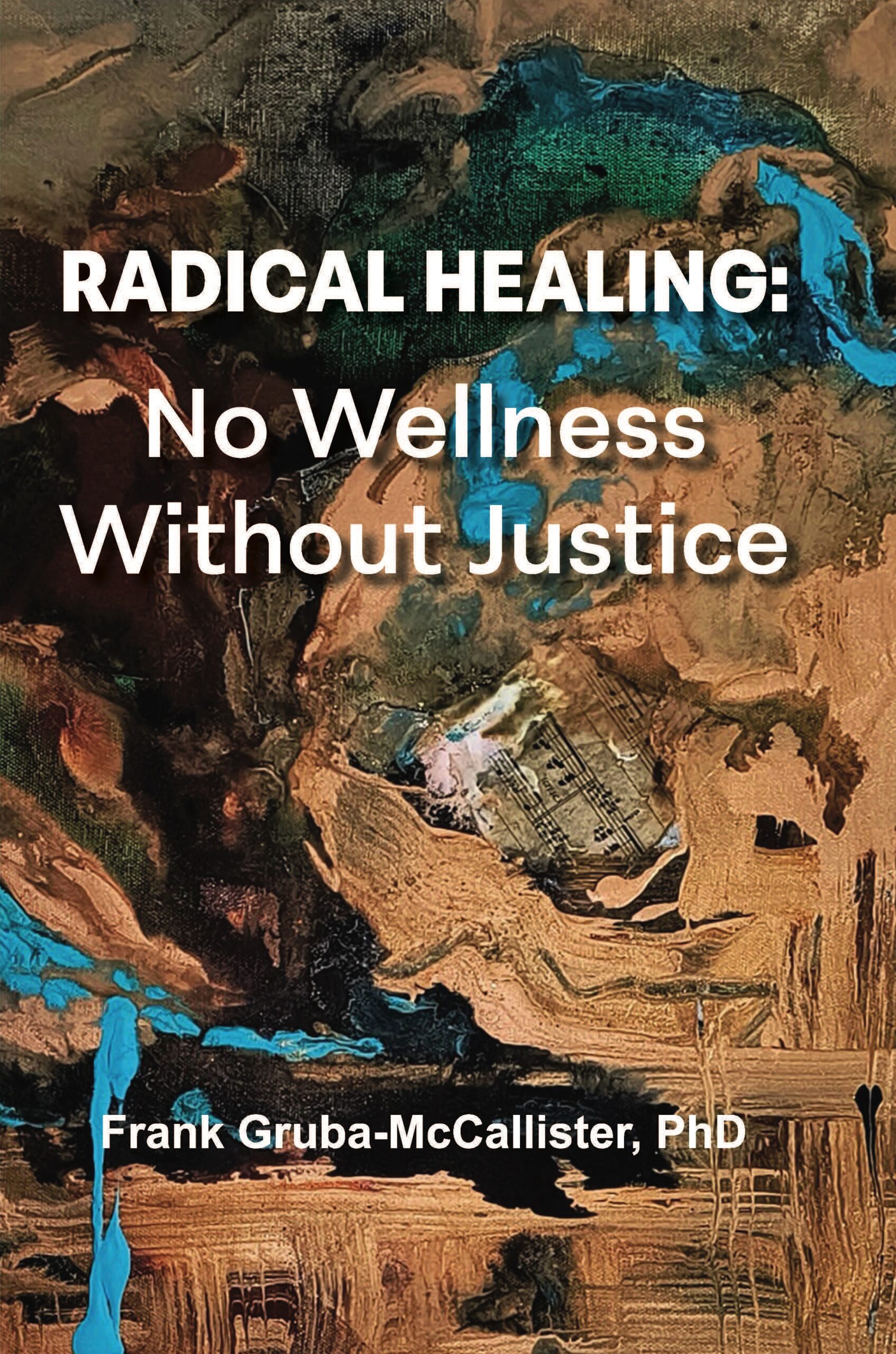
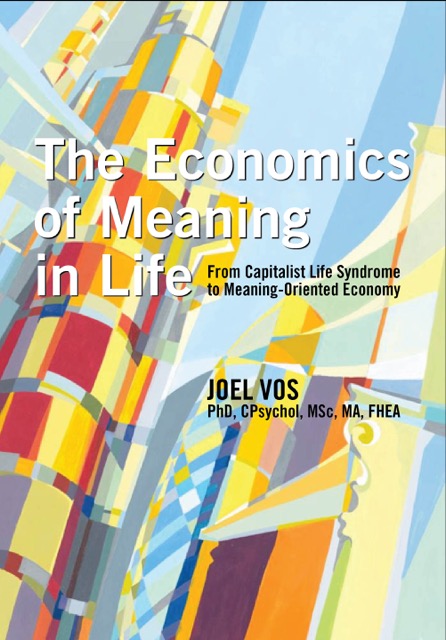
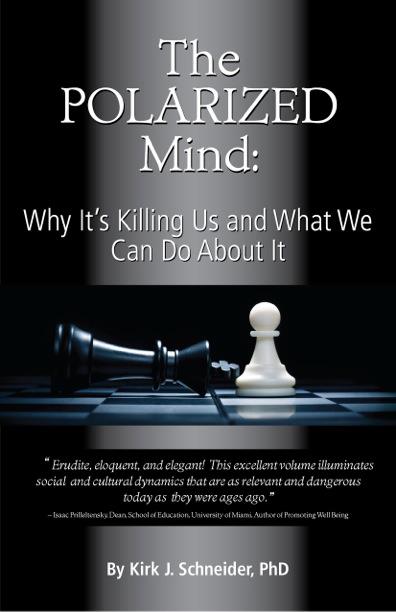
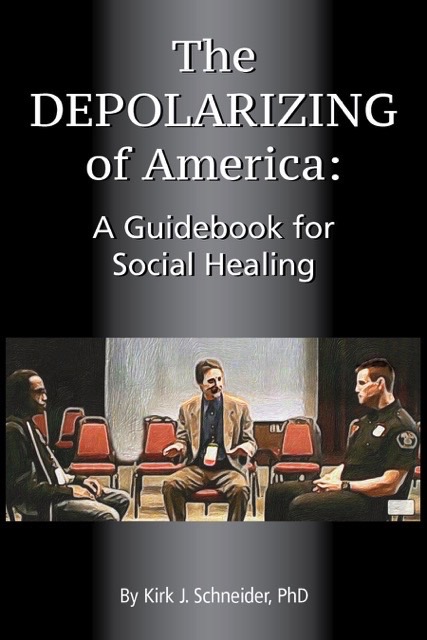
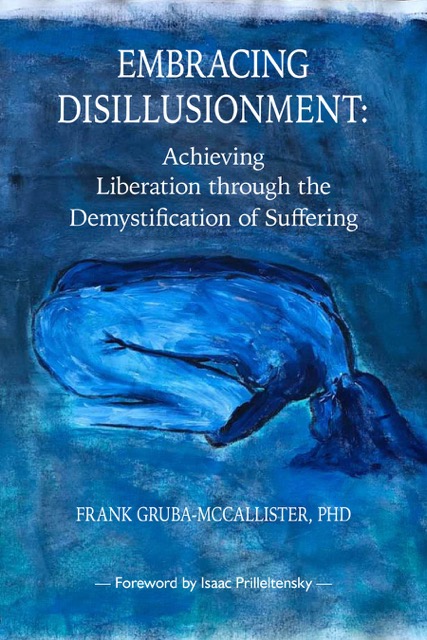
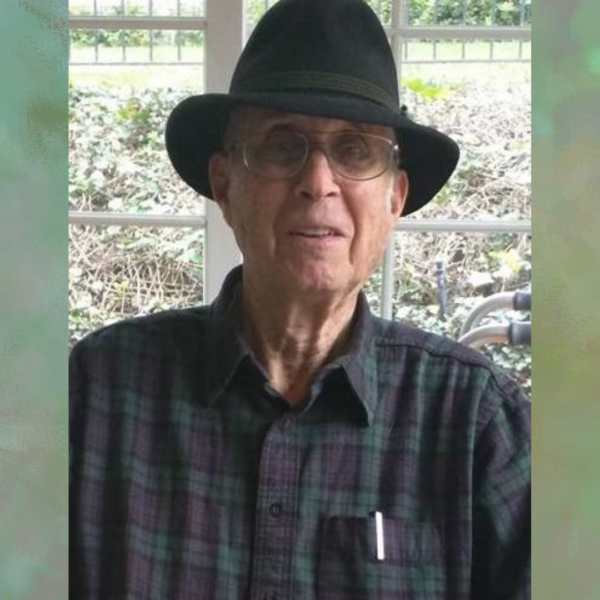
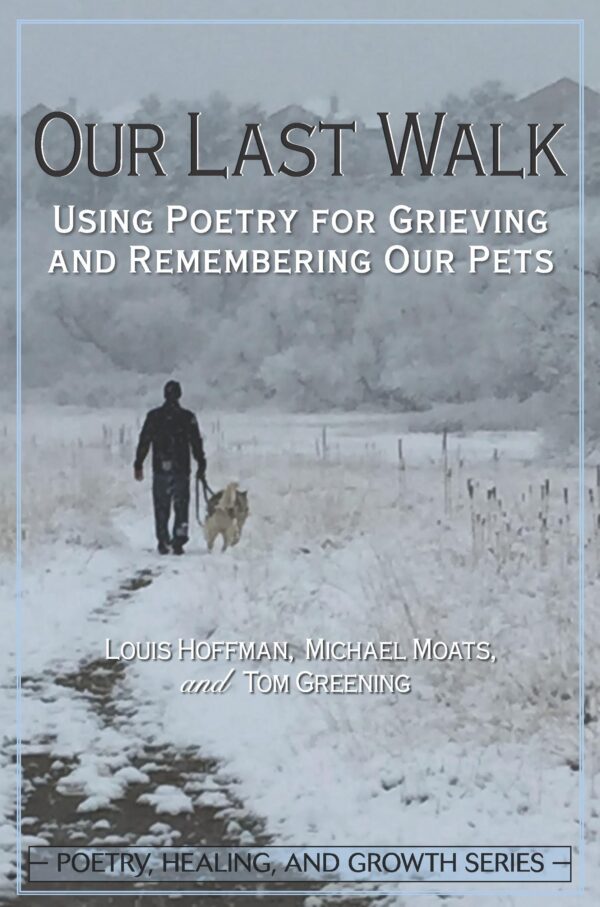
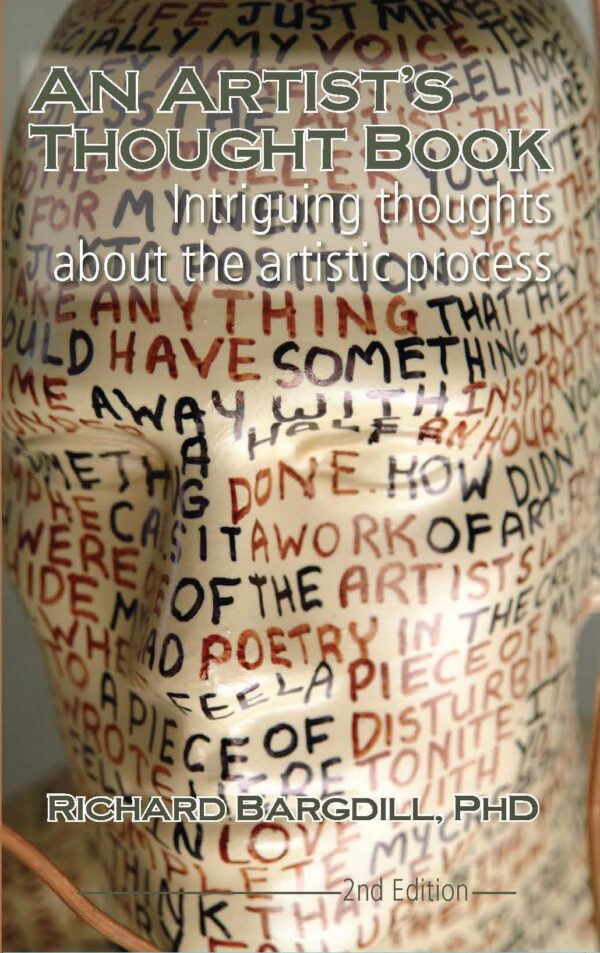
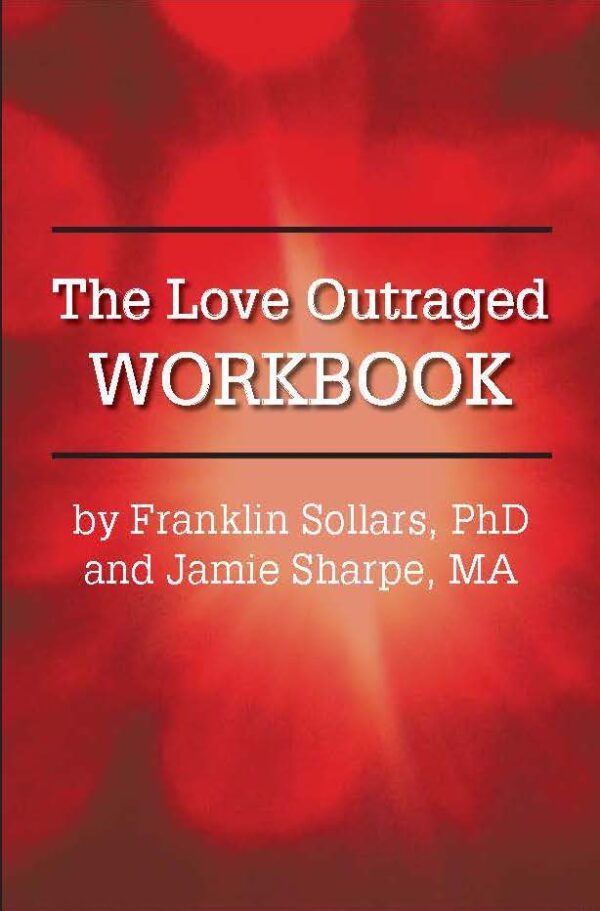
Reviews
There are no reviews yet.